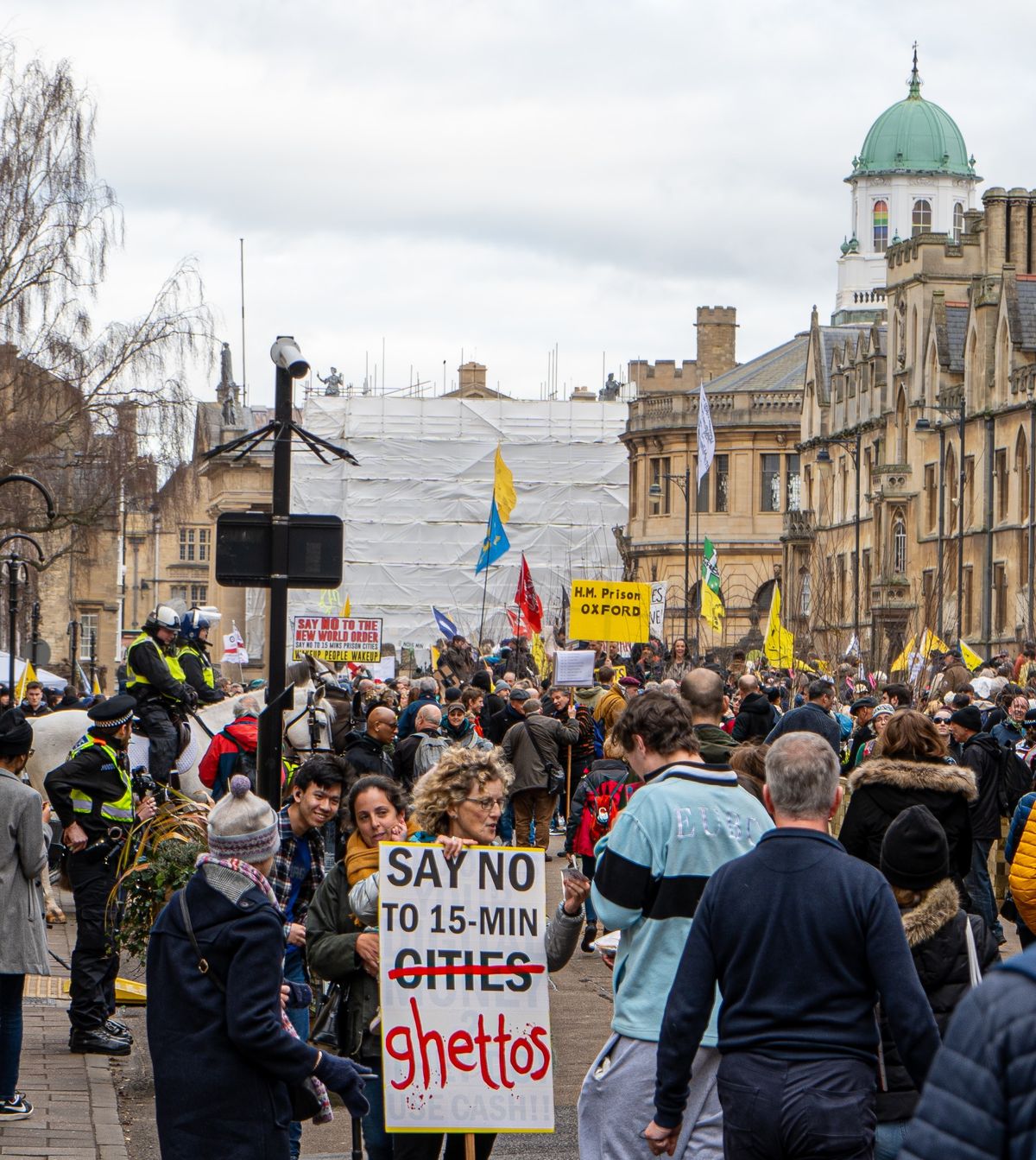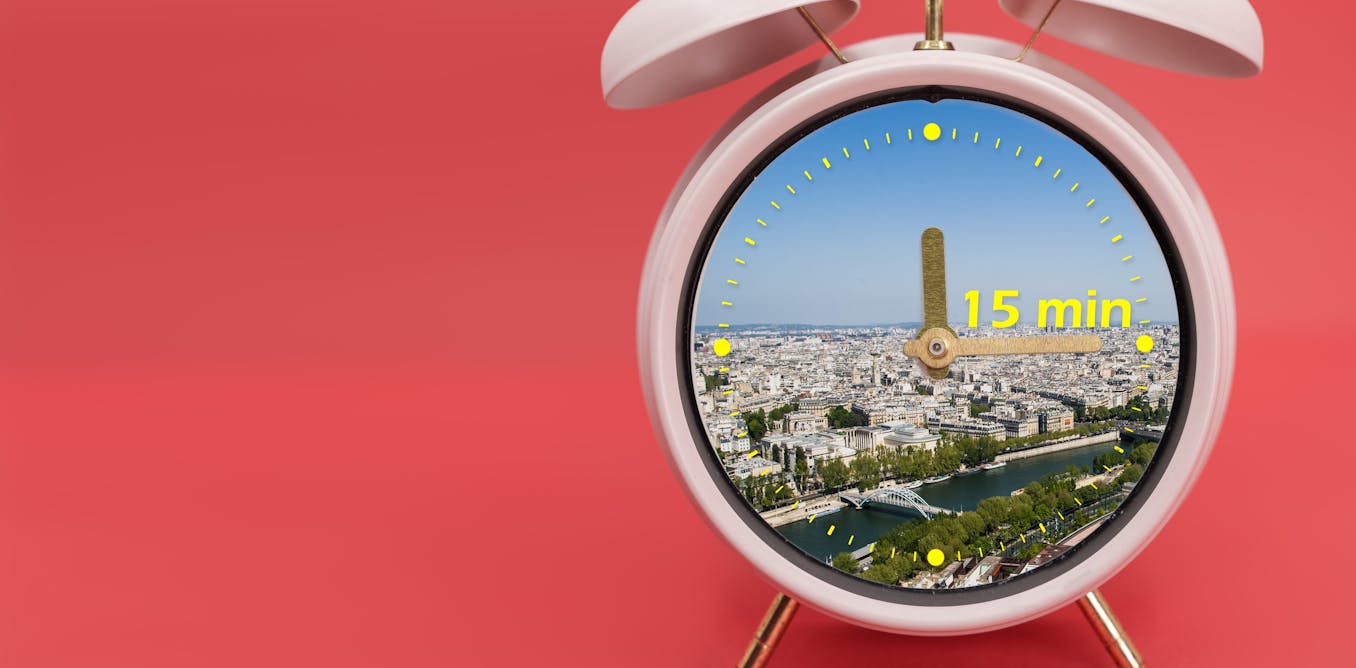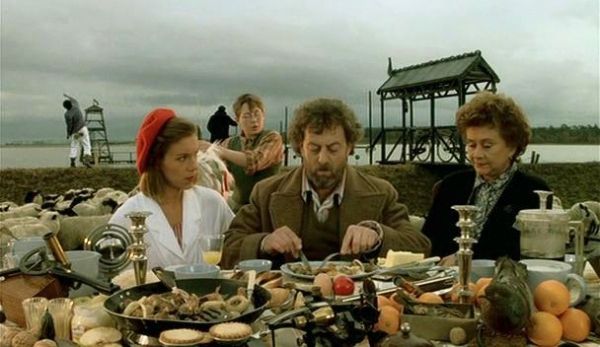Cities Built For People, Not Cars
After enjoying life without a car for years, I was shocked to find out there are actually people out there, fed by conspiracy theories, protesting against a concept I find fascinating, 15-minute cities.

The Daily Haiku for March 2. Cities for people, not cars.
Cities for people,
bike lanes, trees and trams, not cars,
wouldn't it be nice?
One of my biggest gripes against Lisbon is how bike-unfriendly and pedestrian-unfriendly the city is. Car drivers know they call the shots. They park their vehicles on the pavement, sometimes blocking wheelchair accesses, and show no respect for bikes or patience with people on pedestrian crossings.
Lisbon unrolls as a giant puzzle of urban areas separated by roads. The result is a chaotic city where public spaces are small islands surrounded by rivers of asphalt, sometimes abruptely cutting off neighborhoods or groups of buildings from nearby areas, and the only way out is -you guessed it- by car.
But Lisbon is not an isolated case. In fact, Europe is more pedestrian-friendly than most other places. Asian cities are much worse. In many cities of Thailand, Indonesia and Malaysia, and most of Bali, you simply cannot move without a vehicle.
Yet probably the worst example of car-obsessed urban planning is the United States. With the exception of big cities like New York, you need a car for everything.
The young 15-minute movement is trying to change that by reimagining the urban landscape so human beings can live independently of their cars. The idea is having everything you may need (a clinic, a supermarket, etc) at a 15-minute walk maximum. Less cars on the streets and more people walking means not only less pollution and a healthier lifestyle, but also a better quality of life for everybody.
After years of living without a car, loving the freedom of not depending on one, and the positive change that this has brought to my life, I cannot possibly believe how someone can consider been trapped inside one of those machines as an act of freedom. I don't understand how granting everybody nearby access to necessary services, offering better and greener public transport options, and building more pedestrian-friendly areas, can make anybody think you won't be allowed to use your car or will be trapped in your town.

And yet, there are people protesting against this movement. Fed by conspiracy theories, these people claim their evil governments are trying to deprive them of their "right to drive a car" or lock them inside their neighborhoods. After COVID, I thought no level of human stupidity would be able to surprise me again, and yet here I stand, corrected.
But for the rest of us (hopefully the majority) that still seem to have some sanity, I'd ask... Wouldn't it be nice to live in a city that's been designed for people, not for cars?





Comments ()